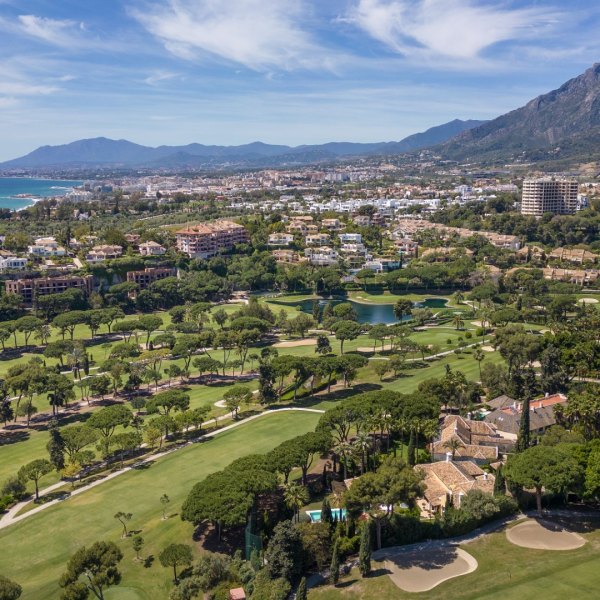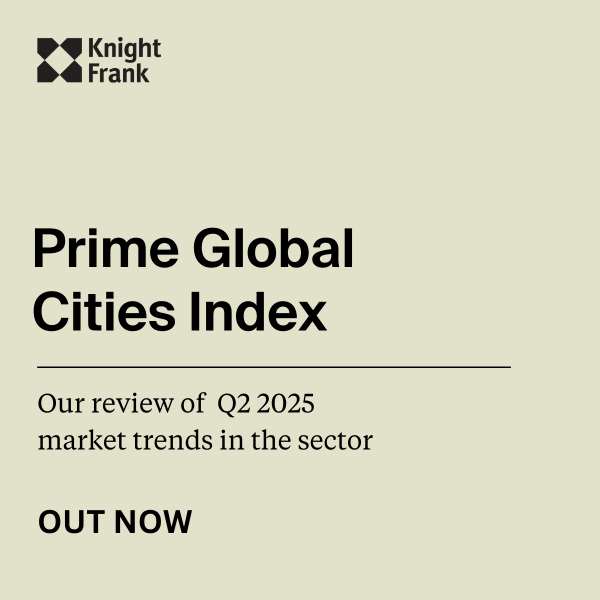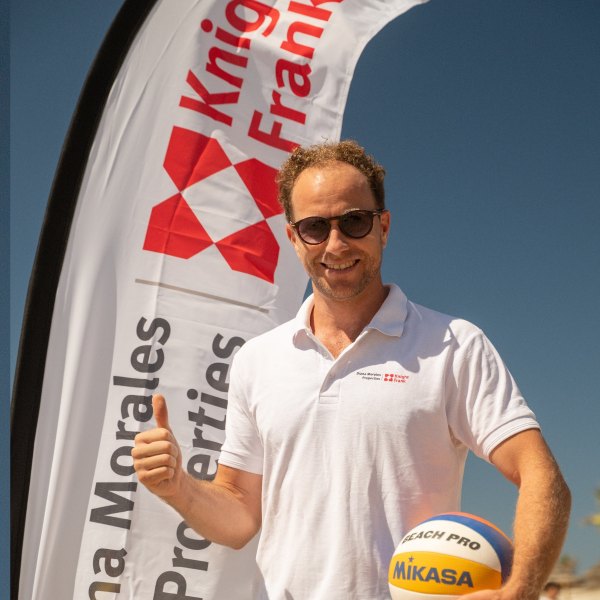A Time for Change – The LPA Conference

It was billed as one of the most important forums southern Spain had ever seen. Here at last, was the chance for anyone who’d ever complained about the Costa del Sol, to actually put up, or shut up. But did it deliver? Cary Johnston reports…
If a conference could be described as a restaurant menu, then this was to be a ten course à la carte feast, full of flavour, spicy dishes and perhaps at times unpalatable morsels. And like all food, ultimately essential. Well, that was the idea of an ambitious forum on the future of the Costa del Sol.
And just like a busy lunchtime eateries, there was a genuine buzz of anticipation around the conference rooms of southern Spain’s famous Don Carlos Hotel in Elviria, as delegates waited for the stars of the show. Coffee cups clinked on saucers and business cards were being exchanged, as the movers and shakers of the Costa del Sol business community chatted, smiled, networked, and discussed…well…their own futures.
They had turned out in greater numbers than expected (more than 250 delegates and guests) in a nod perhaps to the importance and seriousness of what was to be discussed. After all, the Costa del Sol is now at a crossroads; years of economic boom fueled by a runaway property market, now giving way to a slump, which has had an adverse effect on all aspects of life in southern Spain.
For the assembled crowd, there was no getting away from the fact that it was time to pull together , to debate, to plan, to act. And here was the perfect forum, under the umbrella of the Leading Property Agents of Spain organisation (LPA), set up to promote good practice and mutual respect among only the most reputable affiliated property agents on the coast.
Hence the conference, designed to bring about a change of attitude, direction, and perhaps even perception of what their roles now were, and could be, by the year 2020. So while the guests mingled, I caught up with the LPA’s operations manager Stuart Brown-Giraldi, who explained that the day of speeches and debate was to be about a lot more than just real estate:
“It’s for anyone who resides here, or anyone who wants to reside here. We want to bring together those with the questions and those with the answers for the positive future of the Costa del Sol, which we hope will be around the corner. We want people to get up and start taking action, rather than just complaining about over-development, lack of infrastructure, or the political situation. We want to influence the people that matter, the people who have the power, so when they leave here they will continue the talk about it. We want this to be a catalyst…”
And he was ready to start that debate with an extremely candid view about why the Costa del Sol had suffered such a dramatic downturn in fortunes: “Lack of action and lack of planning. It seems to be looking at short-term gain without looking at the long-term consequences and I don’t want to see my adoptive home ruined in the future.”
Speaking of which, the future was about to take shape within a huge conference hall just behind us, and as the guests filed in and took their seats in front of a huge projection screen, Stuart made his way through the crowd to take his place as one of the overseers of the event.
A gaggle of press photographers weaved in and out of the aisles, snapping the great and the good for posterity, as TV camera technicians busily wired up their microphones in readiness for the first platform guests. The media was poised for action. But so too was the LPA, as it revealed its first trump card in the form of the powerful Mayor of Marbella, who was ushered into the conference hall on a wave of aides and well-wishers.
Angeles Muñoz (from the right wing Partido Popular party) had been widely credited as being the muscle behind the ‘cleaning up’ of Marbella’s image, since revelations of town hall corruption first began to surface long before her tenure, and her presence at the LPA conference was certainly a coup. So putting aside any political affiliations, I asked her why she thought Marbella, and the Costa del Sol in general, had got itself into such a mess:
“Unfortunately we had a political situation that polluted the rest of the city, and had a very negative effect on the life of the city. That’s past and that’s over, and now we have to look at the future in a very positive way because Marbella is back to normality.”
So why had she taken time out of her busy schedule to attend (at least for a short time) the LPA’s long-awaited event: “I am here because business activities in Marbella are one of the most important factors of the growth of the city, so private initiatives and public administration must go together, in order to create prosperity and employment.”
For her, it’s a personal challenge and being associated (for a short time anyway) with a forum like the LPA, is all part of the strategy:
“I was born in Cordoba, and when I finished University, I decided that the best place to live and work was Marbella, and here I started working as a doctor before I got into politics. And I keep saying that the best place to live and to work is Marbella and the Costa del Sol.”
Her presence though was much more than a political stunt. It was an affirmation that the future of the coast is not just the concern of British, or other northern European foreign residents, as the wider media would have you believe. It is of course, very much a Spanish concern, and indeed the majority of invited speakers were there to represent Spanish organisations.
The conference kicked off with the emphasis firmly on the problems of the real estate industry. This was perhaps to be expected, given the coast’s economic reliance on this sector for so many years. Law expert Felipe Martinez de Mármol discussed what could be done to protect the property buyer, while Ignacio Pérez de Vargas from the law firm of the same name, talked about building permits and issues regarding planning permission. The subject of planning was also discussed by Enrique Vega from CIEDES, a foundation for social and economic development in Malaga.
Next up was Javier Martín Ledesma, the President of the AEGI, essentially the Spanish equivalent of the LPA. A forceful character who at times, didn’t mince his words: “If we ask our children today what they want to be when they grow up, they will never say ‘real estate agent’, will they?”
This brought a painful laugh from the audience, who recognised the truth of his words. He then stunned the audience by using the ‘c’ word: “We are in a financial crisis, recession, slow-down, whatever you want to call it. Sales have decreased by more than thirty per cent.”
But his view was that it was not just a localised problem, and that the Costa del Sol cannot be seen as an isolated case: “More than one third of real estate agents at national level have had to close, with the subsequent destruction of jobs. There has been excessive supply (of properties) and compressed demand, but prices are still high… and the problems in the US sub-prime market does affect us too.”
However, the real estate-focused panel didn’t have it all their own way. One guest from the floor, a local estate agent, raised the thorny issue of clients going behind agents’ backs and cutting private deals with vendors, despite being introduced to the vendor by the agent. He was advised by the panel to “take them to court”. When he pointed out that this process could take up to two years, there was a collective shrug of the shoulders.
But there was far more controversy to come, as a real firebrand of a speaker, from the University of Málaga, launched into a thinly veiled attack on the record of the real estate industry and town planners in general. Professor Luisa Gomez Moreno held the view that environmental damage was the main issue that needed to be addressed and that there was a growing gap between the economic and social views of people living in the city of Málaga and the rest of the coast:
“People who live in Málaga are of the view that we should be protecting the environment, even if it means lower growth, because we depend on the environment for tourism. In Málaga, there is an active integration of all groups, whether locals, foreigners, or tourists.”
It was certainly an interesting point. Is Málaga, especially with its bid to become European City of Culture 2016, putting the rest of the coast in the shade? Will it in fact end up saving the rest of the coast, as a knock-on effect of its continued expansion?
Professor Gomez then expounded some very firm ideas over what should be done over infrastructure. “We need rail shuttle services between areas, and we need renewable energy. For example, in Portugal, all lamp posts have solar panels, why haven’t we got that in Spain!?”
And on the environmental front, it was clear that speaker after speaker were overwhelming concerned with one issue: water. Or lack of it.
Still in the grip of a severe drought (and if global warming is to be believed, is not likely to get much better in the near future) water provision in Andalusia is likely to be a major concern in the coming years.
One speaker, Ramón Dávila, President of PROMOTUR (a group set up to promote tourism and sports in Andalusia) was extraordinarily forceful on this matter: “We need to have proper water supply and treatment. Some people may not agree, but for me this is much more important than the rail corridor. The Costa del Sol could collapse because of water scarcity. We don’t have the right capacity to store water when it rains hard. We are always in crisis.”
He was still keen to present the positive factors about the coast, but also presented the assembled audience with a stark warning: “The Costa del Sol is still a highly sought-after destination, though the future also depends on whether the new infrastructures are rolled out fast and well. We are in a globalised world, and 15 years ago there were four or five markets competing with us, now there are 30.”
Indeed, strong competition from other parts of the world like Turkey, Morocco, Cyprus, Dubai, and indeed the coast’s immediate neighbour, Portugal, was the subject of a guest speaker from the Overseas Property Professional Magazine, a UK publication dealing in world markets. It was refreshing, and perhaps necessary, for the guests to hear the views of an ‘outsider’ – someone who could bring a fresh perspective with a different pair of eyes, and Ben Dahlstrom provided this, with a fast (sometimes too fast for the hard-working Spanish interpreter!) and efficient speech. As well as facts and figures regarding the ferocious competition that has arisen, he also raised the subject of negative media coverage and what should be done about it:
“There is a serious character assassination of the Costa del Sol underway in the British mainstream media. While correct, many of the stories have been blown out of all proportion. Many buyers wrongly believe that if they buy here, a bulldozer will knock it down next week.”
He went on to say that this barrage of negativity needed to be combated by a serious marketing initiative, which astonishingly did not exist at present:
“The overwhelming number of agents and developers that we have spoken to expressed the need for a single organised body, made up of property professionals and public relations agents, with funding from regional government. This is a multi-billion euro industry, yet property is being sold to international buyers without any organisation or coordination. It is amazing that nothing has been done before.”
His was the last speech, and as the day ended with a short question-and-answer session, it could be argued that perhaps there had been too much from the stage and not enough from the floor. But like all conferences, speakers rarely stick to their allocated time, and perhaps in a wider sense, this was just to be the start of the debate and certainly not the last word. As Ian Bateman, President of the LPA, stated:
“We needed to bring awareness to the public in general that we do care about how the coast is going to develop in the future. Let’s start discussing it by getting all the different professionals from the environmental side to the planning side, to everything, talking together. Hopefully this will be a positive catalyst.”
And he was thoughtful about the future, by referring to the past, and praising Spain’s achievements: “It’s amazing how far Spain has come in 30 years, from Franco’s era to now. It really is quite remarkable.”
So, what had been achieved by the forum? Well, even getting the different bodies, agencies, and business leaders to come together in the same room, was in itself a success, and a measure of how seriously they had all decided to take the situation.
Everything had been discussed – planning difficulties, water supply, real estate, the environment, competition, the economy, media coverage and lack of marketing. So, which of these factors had been the main problem over the last few years and which needed to be addressed for the future? The answer is probably a combination of all of the above.
And although the day may have been inconclusive, it had been well organised and thoughtful. As the introductory speaker Javier Martín Ledesma put it: “This is like an aperitif…”
Hopefully then, there’ll be several more tasty courses to come.
The guests gradually headed for the exits to the sound of a well-known British 70s pop song by a group called “KC & the Sunshine Band”, which was being piped through the surrounding speakers. The poignant lyrics were: “Please don’t go, don’t go, don’t go away…”
Source: Cary Johnston, Award winning BBC trained Journalist.
Diana Morales, 18 Jun 2008 - News
Related Articles

The impact of foreign property buyers in Spain
6 min. read · Pia Arrieta

Top emerging areas in Marbella
5 min. read · Pia Arrieta

Knight Frank: Prime Global Cities Index, Q2 2025
2 min. read · Pia Arrieta

DM Properties Supporting Good Causes Through Sport and Community
2 min. read · Pia Arrieta